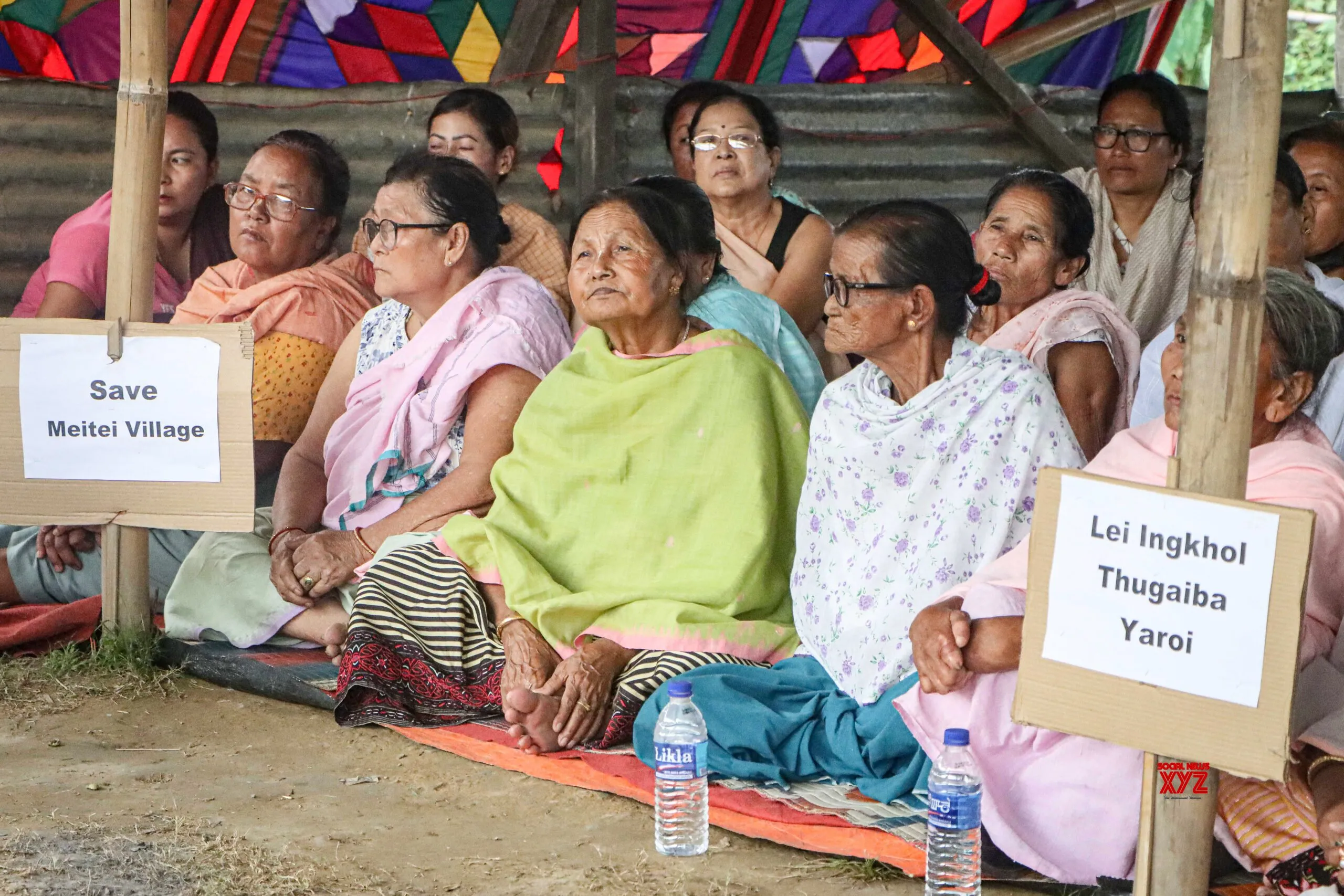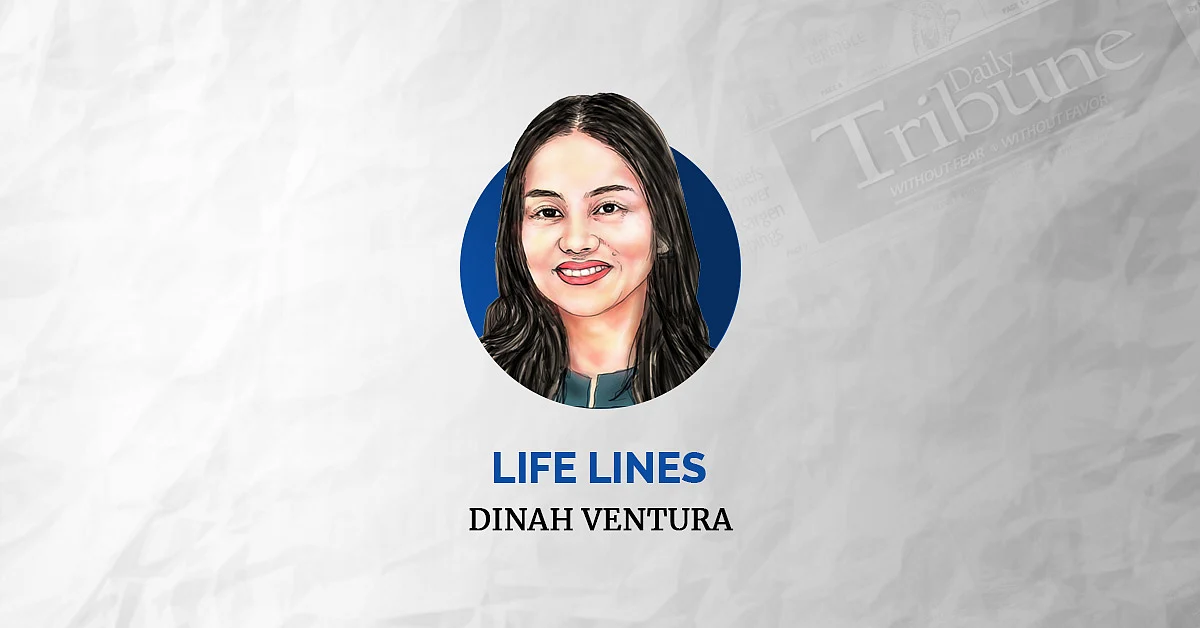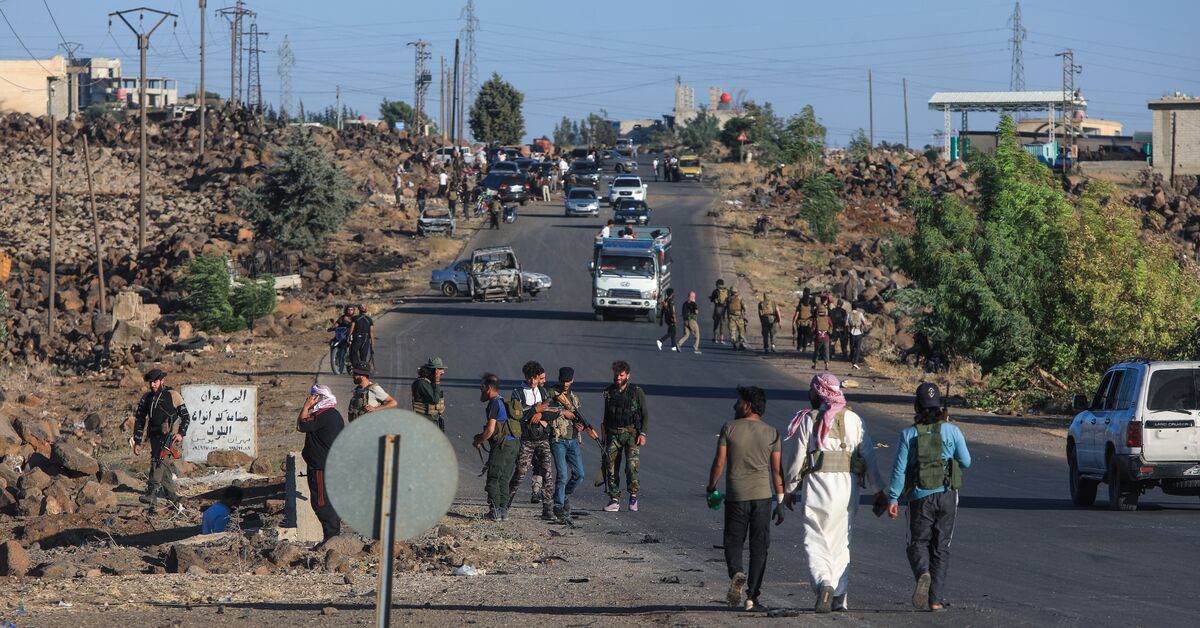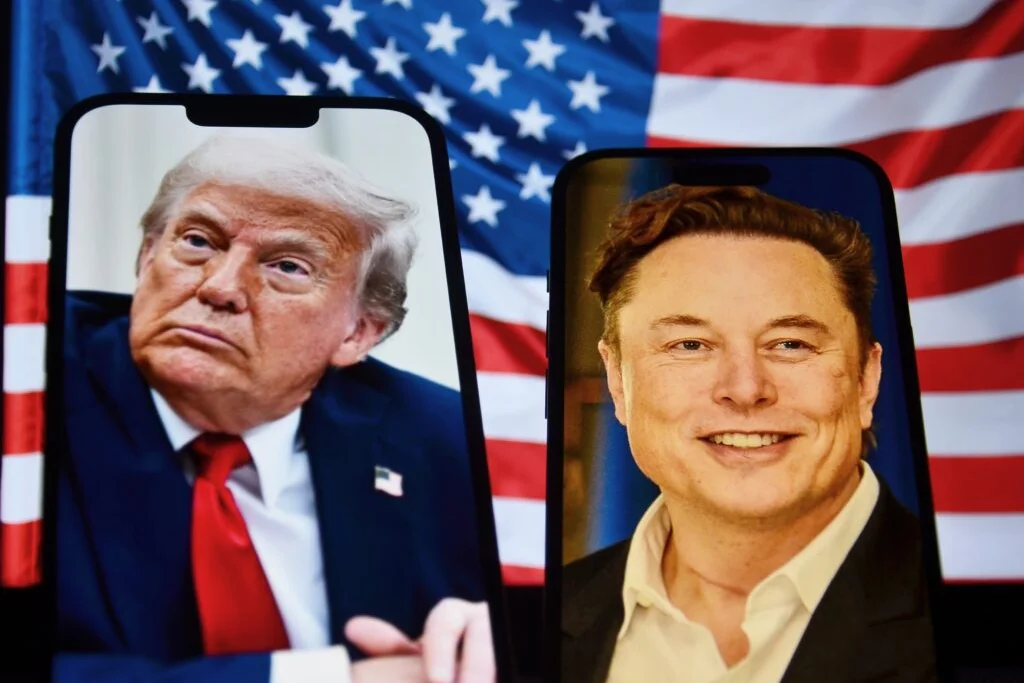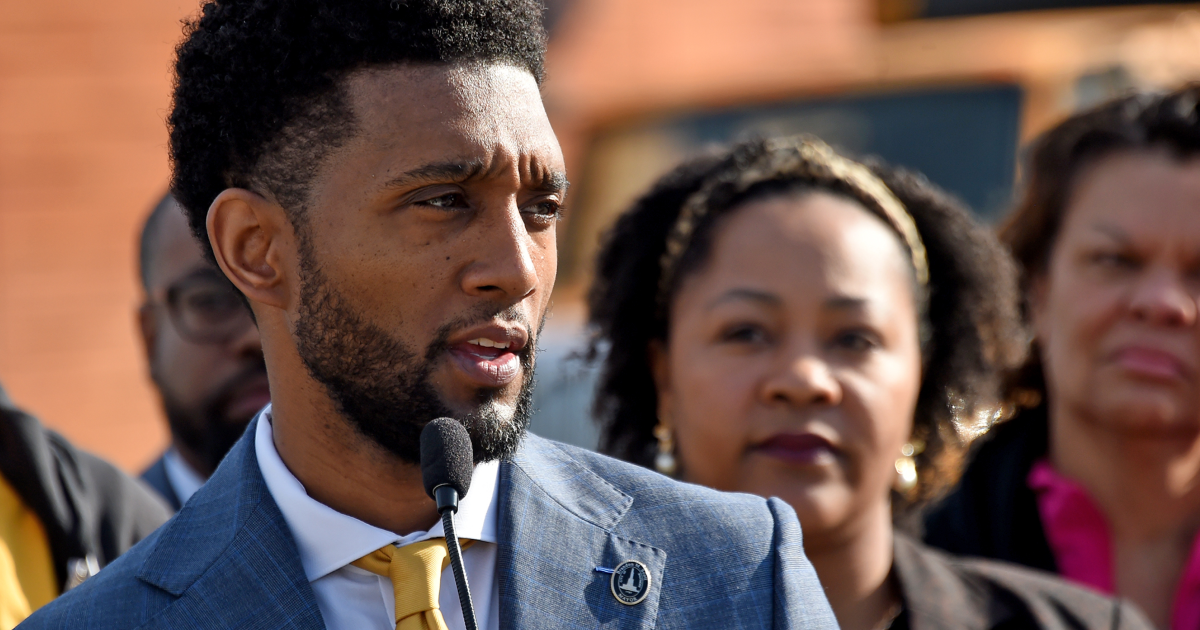
Get your news from a source that’s not owned and controlled by oligarchs. Sign up for the free Mother Jones Daily.
When Brandon Scott took office in late 2020 as one of the youngest mayors in Baltimore’s history, he pledged to reduce the number of homicides and incidents of gun violence. That year, there were 335 reported homicides in the city of roughly 600,000 people, making it one of the most dangerous cities per capita in the US.
Scott began implementing a violence prevention strategy designed to get at the root causes of gun violence. It was a program he helped pass previously as city council president. And in the last few years, it’s worked.
Baltimore has been witnessing a remarkable drop in violent crime, especially homicides, since 2022. This year, the city has recorded fewer than 100 murders and violent crime rates are approaching all-time lows. But that progress doesn’t seem to matter to the White House. Last month, President Donald Trump listed the city as one of several led by Democratic mayors where he’s considering sending the National Guard, saying it’s needed to help address crime. So far, he’s sent troops to Los Angeles and Washington, and he recently announced plans to send them to Memphis. Baltimore could be next.
It’s a move that Scott says is not only unnecessary, but a distraction from the violence prevention strategy he helped set in motion.
“It’s very peculiar that this is when the president is choosing to say he needs to come in and save the city because it’s so unsafe, when in fact, when the president was in office during his first term, we had a lot more violence,” Scott says. “But the president didn’t say he was gonna send in troops then. The president didn’t say he was gonna help the city out then.”On this week’s episode of More To The Story, Scott talks to host Al Letson about what he thinks is really driving the Trump administration to send troops to Democratic-led cities, why Baltimore’s strategy to reduce gun violence appears to be working, and what his political future might look like.
This following interview was edited for length and clarity. More To The Story transcripts are produced by a third-party transcription service and may contain errors.
Al Letson: Mayor Scott, how are you doing today?
Mayor Brandon Scott: I’m doing all right, brother. How are you today?
I am good, I am good. Let me tell you before we get started, I have such a deep, deep love of Baltimore, and I love the city, and the thing about Baltimore, especially when I was there a lot, The Wire had either was still on or it was going off. But I think that The Wire, which I think is one of the greatest TV shows ever made, but I think it had a specific viewpoint of Baltimore that after being there as long as I was, I just saw a completely different side that I think that people on the outside of Baltimore don’t really know, the joy, the people. It was just such a great time in my life. I’m wondering, as the mayor of it, do you feel like you are constantly fighting a misconception of the city from people outside of it?
Well, if I had a dollar for every time someone asked me about The Wire, I’d be the richest man in the world. But the truth is that we’ve always had to battle those kind of narratives, whether it be The Wire or homicide life on the street or the corner or whatever TV show that was filmed here. But I think it’s tied to something deeper, because when you think about Baltimore as this majority Black city, and you tie in to the history of this being the first place to have racial redlining, with the first redlining bill being passed literally in the office that I sit in every day, you have to understand it in a very different way. Because no one looks at New York, and the first thing that they think about in New York is NYPD Blue or New York Undercover or one of the 20,000 different mayor’s regions of Law & Order. But for Baltimore, that has always been what people have known because that’s what’s been fed to them about the city.
Yeah. And I mean you said this, but I think something we should talk about a little bit is that you were born and raised in Baltimore. Did you always know that you wanted to go into politics because it sounds like you were working in city hall when you were pretty young.
Yeah. I’m 41. This is my 18th year in city hall. I came to city hall at the age of 23 years old. First, as a staffer and then as an elected official at 27 on the city council. So I can actually retire from city government if I wanted to today. But I always knew that I wanted to be the mayor of Baltimore, and that’s really, it comes from my upbringing. I was a very, very young child. I saw my first shooting before my seventh birthday. Being that young and seeing something like that happen, it happened in my neighborhood, really changed my life.
So imagine growing up in the neighborhood where your neighborhood, it’s the center of the sports world. Every third Saturday in May for a horse race known as the Preakness, and then every other day of the year you’re not treated as human. That was my life, and said at a very young age. And why no one cared about what happened in our neighborhood. And my mom is only a Black mom can say to shut their child up, said, “If you want it to change, you have to do it yourself.” So I set out my life to do that at a very, very young age.
Yeah. Let’s talk about the change that has happened in Baltimore since you became mayor. How did you reduce crime rates? Because my understanding is that right now the data shows us that there is a 29.5% decline in homicides, and a 21% decrease in non-fatal shootings compared to last year. And if those numbers hold, this would be the third consecutive year of declining gun violence in the city.
Yeah, I think that what we laid out in 2021 was that we were going to look at gun violence in Baltimore in a different way. Because you know, were here for many years, we were under the zero tolerance era where basically if you were Black and breathing outside, then you could be arrested for basically just being there.
And when you think about Baltimore, for example, in 2003 when we had 91,000 arrests, we had 278 homicides. But the last year when we had significantly fewer arrests, we had 201 homicides, right? So you think about 278 homicides in 2004 with 91,000 arrests in the city of 600,000 versus 201 homicides in 2024 with 17,000 arrests because it’s never been about how many, but who and for what. And we understood that we had to look at gun violence in a different way, or what we were able to do is say that gun violence is a public health issue, and we will approach it as such.
No longer were we going to put the sole responsibility of curing gun violence on the backs of the women and men of our police department. Every agency would be involved, all the community would have to be involved if we were going to truly deal with this issue. It just so happened to be that as a council person, I passed a law that said that Baltimore had to have a comprehensive violence prevention plan and released that plan in 2021.
And when I said that we would reduce homicides by 15% from one year to the next, people literally laughed at me, said, “It was impossible.” And we did it through many different ways. First and foremost, we created and set up our group Violence Reduction Strategy, which is a focused deterrence model where we actually identified the small group of people who are the most likely to be the victim or perpetrator of gun violence and we focus on them.
We first go to them and give them a actual letter directly from me that says, “We know who you are, we know what you do. We want you to stay alive and be able to provide for you and your family, but you cannot do that doing what you are doing, and we will not allow you to continue to drive violence in our city.” Many of those individuals have taken us up on that, and some of them work for city government, some of them work for private companies and they’re doing well for their families.
Others did not heed that mandate to stop the violence. And then through my police department, and we went out and made arrest, turned them over to our state’s attorney and our attorney general for prosecution. But at the same time, we’re also having a historic investment into community violence intervention work where we pay people who used to be involved in their life of crime and violence to intercede and mediate conflicts to make sure that they don’t arise to a violent conflict.
We put $50 million of offer funding into that, and at the same time, we’re focused on guns in every way, going after gun traffickers. If you are trafficking weapons into the city of Baltimore, then we are going to go after you. If you are a gun store, we just won a historic lawsuit on a gun store, a $62 million judgment in favor of the city of Baltimore because this gun store was selling weapons, ghost guns to people without ID, without background checks into residents and individuals in Baltimore that were committing crimes. We sued Polymer80, the nation’s largest ghost gun company, ending their business not just in Baltimore, Maryland. And now the company itself is going out of business because we are focused on all of it. And then we’re also making the historic investments into our recreation and parks department growing their budget by 40% and putting more money into Baltimore City Public Schools than any administration before.
So what you’re laying out is such a comprehensive plan that usually, I mean the thing that you hear when it comes to violent cities or crime rates going up is basically like zero tolerance and law and order, and we’re just going to come down harder and arrest more people. But the version that you’ve laid out is more comprehensive and looking at… It feels like what you’re trying to get at is the reason why crime goes up and not necessarily crime itself. If you can figure out the reason, then you can stop the crime itself.
Yeah, it’s about understanding that there’s all and above, that there is no one solution. We have to, and we will hold people accountable who are committing acts of violence, who are trafficking weapons, who are peddling poison, doing all of those things. But we do not have to live under this false pretense that everybody that lives in these communities is violent, that everybody that lives in these communities is a criminal, but also because we know better, we have to do better. The numbers don’t lie.
They arrested everybody for anything for all those many years, but the numbers didn’t move, they didn’t budge. We now have significantly less violence with significantly less arrests because as my deputy mayor for public safety, who used to be the deputy police commissioner and acting police commissioner would say, “All arrests are equal.” One arrest of one gun offender who we know is a shooter, who we know commits acts of violence is worth a thousand times more than some simple arrest for someone for some minor infraction. And that’s what folks have to understand. That is never been about how many arrests, but about who and for what, and also that the conditions of these neighborhoods. That you have to invest in the people and the places that have been disinvested in on purpose because that’s how you get at the root of the issue.
Yeah. I’m curious, how did the different department heads, and I’m thinking specifically about the police and the police union, how did they respond to this drastic change in policing that you are championing?
Well, the good thing for us is that our police department had already moved away from zero tolerance. And really what they were looking for was someone to come up with a plan for how we were going to take it to the next level. I just happened to be the person to bring that, and being someone that’s been in city hall as long as I have, and who started out with many of the folks that are now in management and leadership in the police department, we started out as staffers together. So for example, my police commissioner and I have known and worked with each other now since 2010. So it was an easy sell for them, and quite frankly, it wouldn’t have been easy if it wasn’t because I’m the commander in chief. They have to follow my direct orders.
So tell me, how was it working with former governor Larry Hogan? My understanding is that at first he wasn’t quite sure of the young man from Baltimore.
Well, I obviously knew Governor Hogan before I got elected as mayor. I knew him as a council person, obviously, and as a city council president. The frustration for me was it took a long time for me to actually get a meeting with Governor Hogan. I reached out to Governor Hogan after winning the primary, which is because you lived there, is the only election that matters in Baltimore, and was told that, “Oh, he couldn’t talk to me about anything until after the general election.” And then after the general election, I still didn’t get a meeting with him until that January or February.
That was disappointing because all the while he’s talking about how the city doesn’t have a plan for violence and all of these things, but he’s refusing to meet with me about those things. Once he actually met with me about them, he committed the resources of the state to be partners in that work. But that was at the tail end of his time as governor, unfortunately. But now it’s a new day because I’ll be with my governor later today about violence. I talk to him every day. And the most important thing, the thing that we talk about the most is how to keep this work moving because it is the North Star for me, driving down violence in Baltimore.
The whole country is entering an unprecedented period where the President of the United States is sending the National Guard into cities, partly to back up ICE, but also because he believes that the only way to trample down violence is by sending in the military. It’s very obvious to me that all the places that he is targeting to send military action in the National Guard are cities that are governed by African-American mayors. And definitely Baltimore is on his list. I mean, several years ago he said something about Baltimore, as in no one wanted to live there in 2019, he trashed the city. And so with that knowledge, and what he is saying from the Oval Office in present day about Baltimore and threatening to come in, how are you preparing for that?
Listen, well, this is not new for Baltimore, right? The president has an obsession with the city of Baltimore for whatever reason. And what we know here, what we have to do is be prepared. We’ve been very clear and letting him know that we don’t need or want the National Guard. The governor said, “He’s not sending the Maryland National Guard here to Baltimore,” but we’ve also laid out very clearly what the president can do to help us continue these historic reductions.
I don’t want to lose that point because even though we had August that had the fewest amount of homicides in any August on record, and through today’s date that you and I are talking, we have the fewest amount of homicides of any year on record. You don’t hear me having a celebratory ways of remarks because we are focused on driving it down even further because those seven are seven too many for us, we still have two months violence in the city of Baltimore, and we want to continue to work it down so that one day it’s at zero. But it’s very peculiar that this is when the president is choosing to say he needs to come in and save the city because it’s so unsafe. When in fact, when the president was in office during his first term, we had a lot more violence.
We had over 300 homicides in those years, ’16, ’17, ’18, ’19, and ’20. But the president didn’t say he was going to send in troops then. The president didn’t say he was going to help the city out then, none of that happened during his first term, right? And I want folks to be very aware that they’re attacking these Black-leg cities, not just Baltimore, D.C., Chicago, all of them Oakland, that have historic reductions in violent crime because a few things is happening here.
One, they think that the American people are stupid and that he’ll come in and tag along to these already historic violence reductions and say, “Look what I did,” and that people will fall for it and say that he did it. Also, they are testing the limits of what the American people will allow them to do, when they give them an enemy, when they give them an issue, when they give them people to hate. And that’s what they’re doing here.
And we’ll be prepared for whatever legal action that we need to take and otherwise, but people need to see exactly what they’re doing here because why now? Why when we have historic lows in all of these places and let’s be very honest. And why is it that every one of us happens to be a Democratic Black mayor when there are Republican mayors in cities and Republican-led states that have higher amounts of violence that they’re just not talking about.
We have to be very mindful of what is happening right now because this is important to American democracy. But we’ve also offered up solutions that they could help us with right now. One, restoring the grants that they have cut to organizations and governments for violence reduction programs. Two, joining the fight and call for myself and mayors around this country to ban those guns, to ban Glock switches. And three, they could very well just say, “They’re going to repeal the Tiahrt Amendment that will allow local leaders to be able to”-
So the mayor’s call dropped right here as he was advocating for the repeal of the Tiahrt Amendment, which prohibits the ATF from releasing firearms information to local leaders.
I’m sorry. I don’t even know the last thing you heard, man, I’m so sorry. I was telling-
Yeah. Let me move to another question that works with all that other stuff, and that is, so I hear you on all the things that you’re doing, all the crime prevention, and how you are lowering the murder rates and lowering shootings, all of these amazing things that are happening in the city right now. How do you combat the misinformation and the disinformation about the city in a way that reaches people beyond the city? Because I guess what I’m getting at here is that from the biggest bully pulpit in the country, people who live in rural parts of the country or don’t live in Baltimore, they’re hearing that Baltimore is basically a hellhole, right?
I think that the irony of this is that prior to the president going off in August, on August 11th, actually my anniversary day, which is kind of funny, we actually had been going viral in Baltimore for their homicide reduction. His remarks have actually caused a lot of more people to even start sharing that information. And it’s really about communicating that out in many ways. Obviously now we have social media, obviously now we have the ability to do ads and all of those things in places so that people can see what’s happening here and then telling our own story. No longer are we going to let HBO or some other TV show or the president tell our story. We’re going to tell our own story. We’re going to acknowledge that we have a lot of work to do. But we’re also going to say, “We want y’all to know how much better we are today than we were 4, 5, 6, 7, 8, 9, 10, 20 years ago.”
I think recently there’s been a, it’s a non-news story, but the news story about Governor Westmore going on vacation and things are happening in Maryland, and he’s not around. And so when I say, “It’s a non-story,” because I think it’s just so-
Ridiculous.
And ridiculous in the sense that we’re having conversation and the vice president, JD Vance like has gone on, I think at least four vacations, and nobody says anything about that. But if Westmore goes on vacation, it becomes a big story. If you are a Black leader, and if you are a Black city, there’s no level of excellence that you can reach that will keep you out of the crosshairs of people that want to bring you down.
No, it isn’t. I preached that to young, Black elected officials all the time, right? It’s actually, I don’t even tell people when I’m going on vacation. Ironically, when the president made his first statements about Baltimore, my wife and I were celebrating our anniversary in Mexico, and no one knew because we know what happens here, and it’s crazy. The governor went on vacation. Oh, my God. Oh, the conspiracy, oh, okay. People go on vacation. But this is directly tied to, unfortunately, there’s still deep levels of racism in this country because folks still think that if you’re a Black elected official, if you’re a woman, like, oh no, you don’t get to go on vacation, but it’s okay for the vice president to golf all the time. It’s okay for the president to golf all the time because the image of them golfing is what they expect of their white executives.
But Black people, Black men are supposed to work all day, every day, and it goes through all levels, right? Most notably, Sinclair Broadcasting Station here in Baltimore followed me to my flag football game and recorded and said, “Well, Mr. Mayor, things are going on in the city, and you’re playing flag football.” And I remember asking the reporter like, “Well, do you follow Governor Hogan when he goes to a bar or a restaurant? Did you follow any of the mayors a long time ago and ask them.”
For example, Governor O’Malley was in a band when he went to play at a local bar, did y’all follow them there? And they’re like, “No.” I’m like, “Well, why is this any different?” You should actually be proud that your mayor isn’t drinking. I don’t drink. I don’t eat meat, but I’m actually out here trying to keep myself in good shape.
But the reality is, is that for them, it’s about that I’m not supposed to be in the position in the first place. They’re supposed to be able to sit in a room, some rich white guys and determine who becomes the mayor of Baltimore. And now I’ve defeated them in that twice. And for me, I know every day I wake up, they are never going to stop trying to tear me down because they don’t think I should be here. They’re really jealous of the success that we’ve been able to have despite them, and I think the governor knows it very well. And he knows that he just has to ignore the foolishness and focus on making sure that he continues to be a great governor. Like the same thing that I’ll do as being a great mayor.
What’s your dream for Baltimore?
My dream for Baltimore is for Baltimore to be the best Baltimore it can be. And by that I mean a city that has significantly continued to reduce its gun violence problem, that has dealt with the inequities that we’ve had in our city, that keeps its authenticity, especially as we go through our projects and plan to eliminate vacant housing in Baltimore. We don’t want to push out a whole bunch of folks. We want to keep that Baltimore, this beautiful, Black diverse place where we are a little gritty. We’re not fancy. We want to keep all of that and just grow so this next generation, my children’s generation, are able to experience a Baltimore that no one in my generation has.
What’s next for you politically, after your time is done with being the mayor of Baltimore, where does that path lead you?
We don’t know. Right now that path is focused on being the best mayor I can be for Baltimore, the best husband I can be to my wife, the best father I can be to my children. We shall see. When folks ask me, “What will you run? What will you run for?” If you ask me what’s the thing I’m most likely to do, everyone knows that my congressman, Congressman Mfume literally gave me the confidence in my voice you need to speak. As a young child after having some surgeries on my throat when I really didn’t like talking anymore. And in the event that he would go off into the sunset, that is the position politically that I’m most likely to run for. But I don’t limit myself to that.
I don’t limit myself to elected office at all. I limit myself into being someone that’s always going to be working to benefit my people in my city and helping to improve lives. That could be me teaching. I could be running a school, teaching in Morgan State or copping, working strictly on gun violence, being a congressman, but as right now, it’s about being the mayor. And as you and I are talking today, that includes running for mayor again, but that could change.
